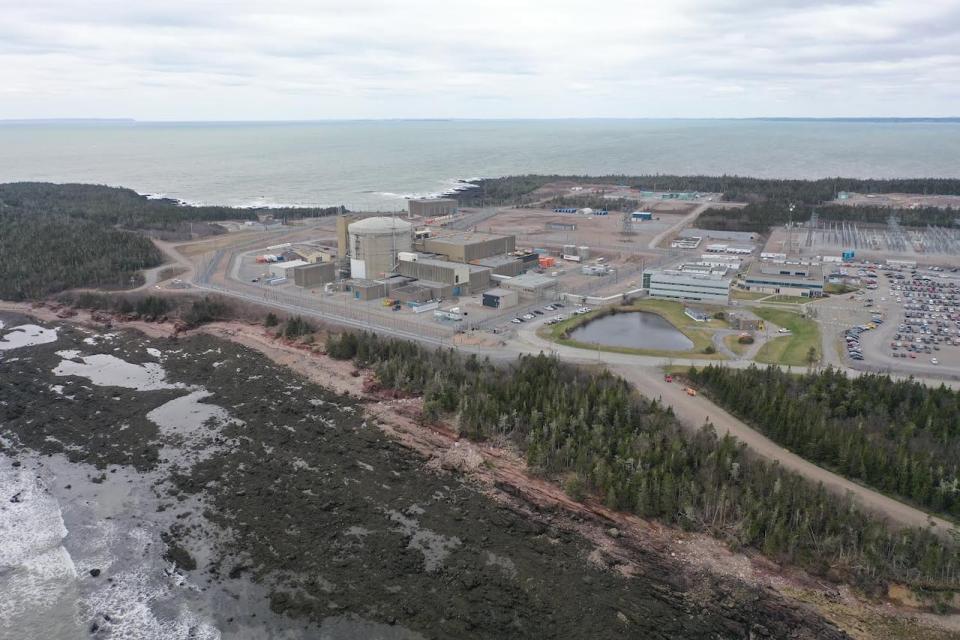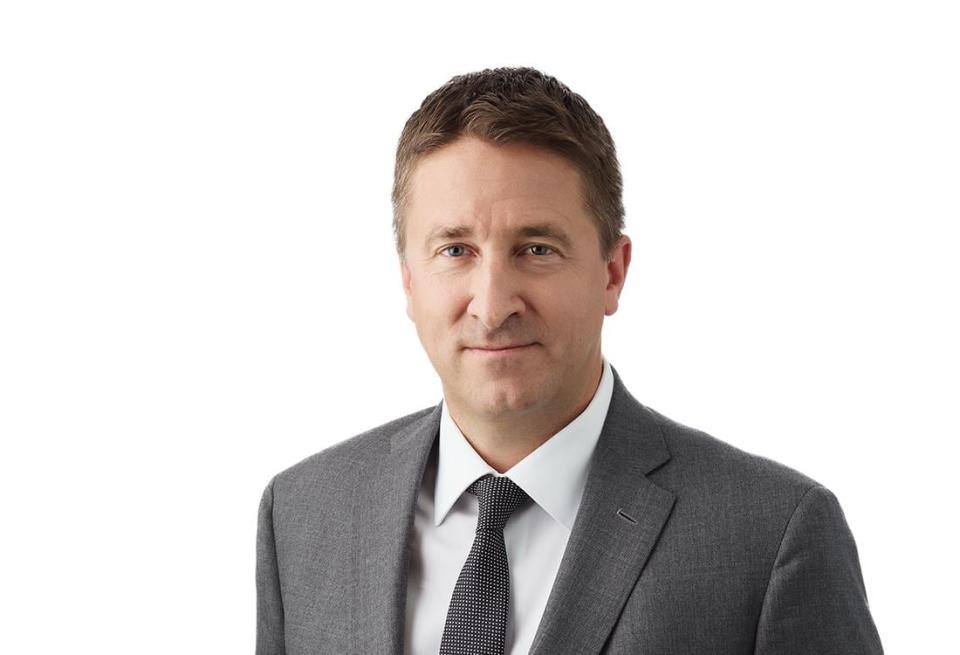N.B. Power executives deny exaggerating nuclear troubles to justify large rate hike
N.B. Power executives faced pointed questions early at a New Brunswick Energy and Utilities Board hearing that is reviewing plans to raise electricity rates 20 per cent over the next two years, nearly half of which is already being collected from customers.
N.B. Power president Lori Clark and chief financial officer Darren Murphy both denied a suggestion from the forestry company J.D. Irving Ltd., barely an hour into the 16-day hearing, that the utility is exaggerating how poor performance at the Point Lepreau nuclear generating station is likely to be this year, and next year, to justify raising rates more than necessary.
"The performance metrics that N.B. Power is forecasting for Point Lepreau are not in fact improvements. It's a forecast of worse performance," said Glenn Zacher, a Toronto-based energy lawyer representing JDI at the hearing.
Zacher noted that N.B. Power figures show Lepreau suffered breakdowns averaging just over 19 days per year over a five-year period, ending in 2022.

That was third worst among 38 peer reactors, and Zacher wanted to know why N.B. Power is now budgeting for 29 days of breakdowns at Lepreau, per year, over the next few years.
That "no doubt puts the station dead last" among all of its peers, said Zacher. He suggested that, combined with additional downtime being set aside for planned maintenance outages, inflates the plant's likely costs and exaggerates the utility's expenses by more than $20 million, both this year and next.
With more optimistic Lepreau budgeting, he suggested that rate increases as high as 9.8 per cent per year over the next two years facing some customers might have been between one and two percentage points lower.
"You're taking a straight historical average of admittedly bad performance and using that to forecast future performance," said Zacher.

Murphy said the higher estimate for lost production at Lepreau is no budgeting gimmick but an attempt to be more realistic about the plant's near-term prospects, given its performance to date.
"Although these are increases in forecasted costs, they are actually representative of historical actual costs," said Murphy.
"That's what we've attempted to do in this application — better match up what our experience has been in the last number of years with expected performance over the next few years."
Clark told Zacher that non-nuclear equipment at Lepreau, some of it more than 40 years old, was not upgraded at the time the reactor was refurbished and has been causing most of the problems.

She said there are plans underway to improve Lepreau's performance in relation to its peers but that will take time and money before it shows itself.
"What we're dealing with now is aging equipment in the station," said Clark.
"Significant investment is required in Lepreau."
N.B. Power has applied to raise its rates an average of 9.25 per cent this year and next year, including a pair of 9.8 per cent increases on residential and large industrial customers.

N.B. Power was given permission by the utilities board to begin charging the first increase on April 1 but will have to rebate a portion of what it has collected, if the amount is found to be too high.
Hearings are expected to take 16 sitting days but are spread over the next two months.


